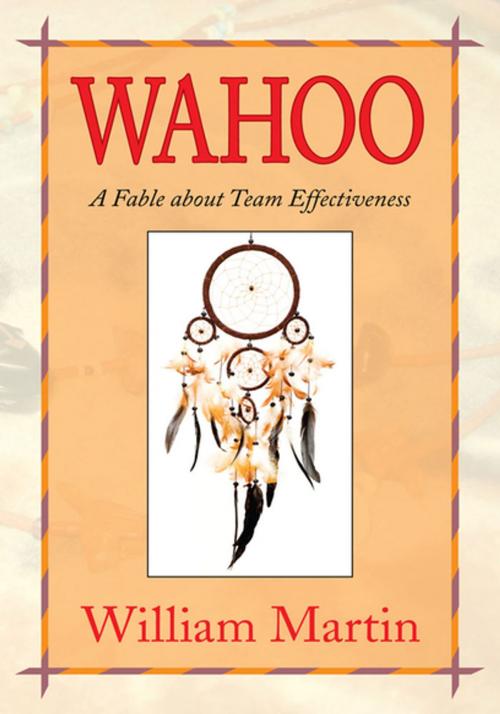| Author: | William Martin | ISBN: | 9781462840199 |
| Publisher: | Xlibris US | Publication: | May 22, 2008 |
| Imprint: | Xlibris US | Language: | English |
| Author: | William Martin |
| ISBN: | 9781462840199 |
| Publisher: | Xlibris US |
| Publication: | May 22, 2008 |
| Imprint: | Xlibris US |
| Language: | English |
This is a book for team leaders and individuals who want to improve the effectiveness of their teams, increase employee satisfaction, and raise profitability for their organization. It is a fable that teaches a complete, yet easy-to-apply, model for of team effectiveness. Why a fable? People have been telling fables to pass down wisdom for centuries. When a story is told, information is put into context and the information easier to learn and remember. Stories such as Aesops fables, the prodigal son, and the boy, who cried wolf, are just a few examples of powerful vehicles that have passed along information, lessons and learning from generation to generation. To succeed in the global economy today, it is imperative for people to work effectively in teams. In many cases, these teams are global, reaching around the world, and across time, distance and culture. After working with hundreds of teams worldwide, I have found that many teams consist of willing workers that truly want to work effectively together but simply do not know how. The teams that struggle tend to perform at substandard levels, achieve lackluster results, and become frustrated. On the contrary teams who apply these fundamentals of team effectiveness have the skills to become industry trend-setters, gain superior results with less-effort, and achieve satisfaction and accomplishment in the workplace. Wahoo is a story of two tribes one that exhibits the characteristics of an effective team and one that does not. It is a story of one tribal leader who chooses to learn from another tribal leader the secret of team effectiveness. In many ways, teams are like tribes. They share the same characteristics and elements to effectiveness. Through this metaphor, you will learn a proven model for improving team effectiveness. Wahoo outlines the basic principles and practices of effective teams through a framework that allows a team to systematically improve their performance.
This is a book for team leaders and individuals who want to improve the effectiveness of their teams, increase employee satisfaction, and raise profitability for their organization. It is a fable that teaches a complete, yet easy-to-apply, model for of team effectiveness. Why a fable? People have been telling fables to pass down wisdom for centuries. When a story is told, information is put into context and the information easier to learn and remember. Stories such as Aesops fables, the prodigal son, and the boy, who cried wolf, are just a few examples of powerful vehicles that have passed along information, lessons and learning from generation to generation. To succeed in the global economy today, it is imperative for people to work effectively in teams. In many cases, these teams are global, reaching around the world, and across time, distance and culture. After working with hundreds of teams worldwide, I have found that many teams consist of willing workers that truly want to work effectively together but simply do not know how. The teams that struggle tend to perform at substandard levels, achieve lackluster results, and become frustrated. On the contrary teams who apply these fundamentals of team effectiveness have the skills to become industry trend-setters, gain superior results with less-effort, and achieve satisfaction and accomplishment in the workplace. Wahoo is a story of two tribes one that exhibits the characteristics of an effective team and one that does not. It is a story of one tribal leader who chooses to learn from another tribal leader the secret of team effectiveness. In many ways, teams are like tribes. They share the same characteristics and elements to effectiveness. Through this metaphor, you will learn a proven model for improving team effectiveness. Wahoo outlines the basic principles and practices of effective teams through a framework that allows a team to systematically improve their performance.















